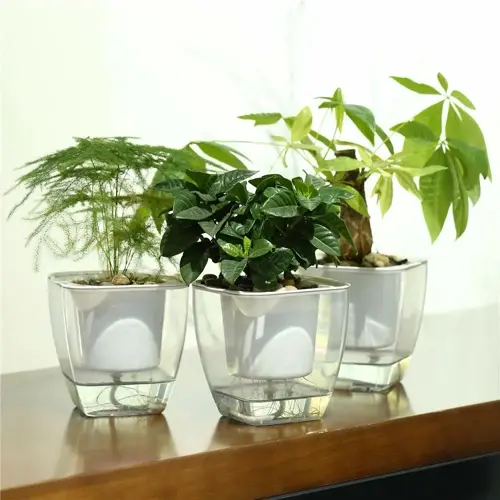Can overwatered tomatoes develop blossom end rot?

Written by
Benjamin Miller
Reviewed by
Prof. Martin Thorne, Ph.D.It is a myth that overwatered tomatoes can't develop blossom end rot. Saturated soil suffocates the roots, preventing oxygen from circulating. Without oxygen, roots cannot take in calcium. I have saved many drowning plants by adjusting my watering habits as soon as I notice early signs of the problem.
Root Suffocation
- Waterlogged soil fills air pockets depriving roots of essential oxygen
- Anaerobic conditions damage root hairs responsible for calcium intake
- Microbial activity shifts to harmful pathogens attacking weakened roots
Nutrient Imbalance
- Excess water dissolves calcium making it wash below root zones
- Leached nitrogen triggers excessive leafy growth diverting calcium
- Iron and manganese become unavailable creating secondary deficiencies
Physical Plant Stress
- Swollen root cells rupture reducing transport efficiency
- Stunted growth from low oxygen slows overall nutrient processing
- Increased disease susceptibility further compromises calcium uptake
Avoid waterlogging with intelligent irrigation methods. Set up drip systems with timers for precise delivery. Before watering, check the soil moisture by inserting your finger two inches deep into the soil. Container plants require drainage holes and should be planted in a coarse potting mix.
Enhance soil structure to withstand moisture extremes. Add perlite or coarse sand to increase drainage capabilities in heavy soils. I incorporate 30% perlite into my garden beds, creating aeration channels within the soil. Incorporating organic matter, such as compost, can also help with retaining water.
Modify watering schedules based on conditions. For indicated weather conditions, decrease frequency during cool, humid periods. For above-average heat, increase watering frequency, but ensure a deep water application early in the day. I use rain gauges to measure natural precipitation, thereby preventing the possibility of unintended overwatering in the event of a storm.
Monitor plants daily during recovery. New growth shows successful intervention. Remove severely damaged fruits to redirect energy. Your tomatoes will rebound with consistent care. Healthy roots absorb calcium properly.
Read the full article: Tomato Blossom End Rot Explained Simply

